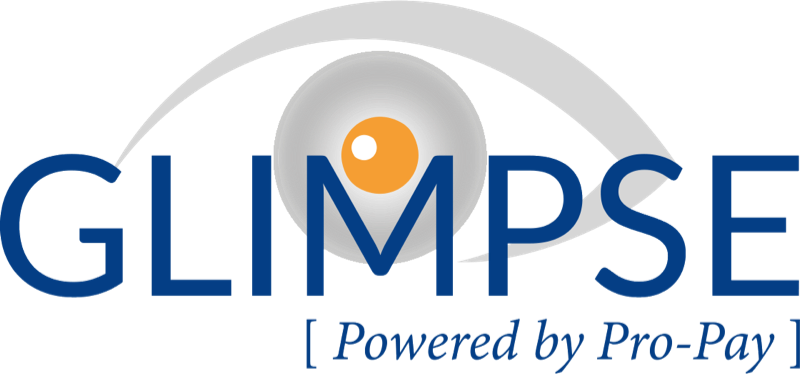Bonus schemes: what to do in 2019?

In the scope of the current negotiations and the social turmoil about the maximum allowed increases of the wages for the coming two years, we would like to highlight the possibility to grant employees a non-recurring, result-related bonus or a profit participation bonus. Both types of bonuses are not taken into account for the wage norm. In other words: you can grant these bonuses even when the maximum wage norm is not yet known or when the salary cost in your company may not increase any further.
Apart from that, both bonus schemes were slightly changed, which we briefly discuss in this newsletter.
The non-recurring, result-related bonus
An employer may grant his employees a bonus according to the Belgian legislation, based on an Act of December 21, 2007 and a national collective labour agreement with n° 90 (CLA n°90). This benefit enjoys a favourable treatment when it comes to taxes and social security contributions.
What are the advantages of this bonus?
The CLA 90 bonus is not subject to withholding tax, is tax deductible as a business expense and is not taken into account for example for the calculation of the indemnity in lieu of notice and the holiday pay. It is however subject to a special employer’s contribution of 33% for social security purposes and a solidarity contribution of 13,07% for the employee.
Is there a maximum amount which can be allocated?
Yes, the benefit cannot exceed a certain threshold, that is adjusted to the cost of living on a yearly basis:
Social threshold = €3.383 (amount 2019) per employee per calendar year. This amount is subject to a solidarity contribution of 13,07% for the employee.
Fiscal threshold = €2.941 (amount 2019) which is exempt from taxes.
What conditions need to be fulfilled for granting the bonus?
- It’s a collective benefit, subject to achieving certain collective results or goals that have been determined in advance;
- The results or objectives must apply to a company, a group of companies, or a well-defined group of employees;
- The results or objectives must be clearly outlined, transparent, determinable/measurable and verifiable. Examples of objectives are: achieving an actual turnover during the reference period, decreasing the error range, decreasing the complaints from customers, obtaining an ISO-norm or another license …
- At the time of introducing the bonus plan, it should be uncertain whether the results or objectives will be achieved;
- The bonus plan should meet certain formalities, such as drafting an act of adhesion or concluding a collective labour agreement. As from January 1, 2019, a new to be used mandatory model document has been published.
The profit participation bonus
This bonus allows a company to grant a part or the full amount of the profit gained by the company to the employees in a tax friendly way. It has a collective nature, just like the non-recurring result-related bonus.
What are the advantages of this bonus?
This bonus is not subject to employer’s contributions for social security purposes. The employee will be due 13,07% as a solidarity contribution and will pay taxes at a flat rate of 7%.
Is there a maximum amount which can be allocated?
There is no maximum amount as such provided for by the law, but the total amount of the bonuses may not exceed 30% of the total wage mass of the concerned fiscal year. Please note that the profit participation bonus is not deductible as a business expense for corporate taxes.
What conditions need to be fulfilled for granting the bonus?
- The company is subject to corporate taxes or to taxes for non-residents in Belgium;
- The allocation is only possible based on (part of) the profit;
- If the employer grants an identical amount or percentage to all employees, the only formality is a decision of the General Assembly and a written notification by the employer;
- If the employer wishes to grant different bonuses to different categories of employees, an act of adhesion or a collective labour agreement on company level will be required;
- As from January 1, 2019, the employer can determine that employees who have been dismissed because of a serious cause and/or employees who have resigned and have left the company during the course of the fiscal year, are excluded from receiving this bonus;
- As from January 1, 2019, the employer can also take into account the working percentage of the employees and exclude certain periods of inactivity of the employees during the fiscal year.
Which bonus to offer your employees?
Making the best choice of bonus depends on what it is you wish to reward exactly.
Would you like to link the bonus to the achievement of certain goals or rather not? Would you like to reward all employees or just one certain category? Or maybe you’d like to combine both bonuses? Even that is possible.
If your company is not subject to corporate taxes or taxes for non-residents in Belgium, the allocation of the new profit participation bonus is not possible. Introducing a non-recurring result-related bonus on the other hand remains a possibility.














